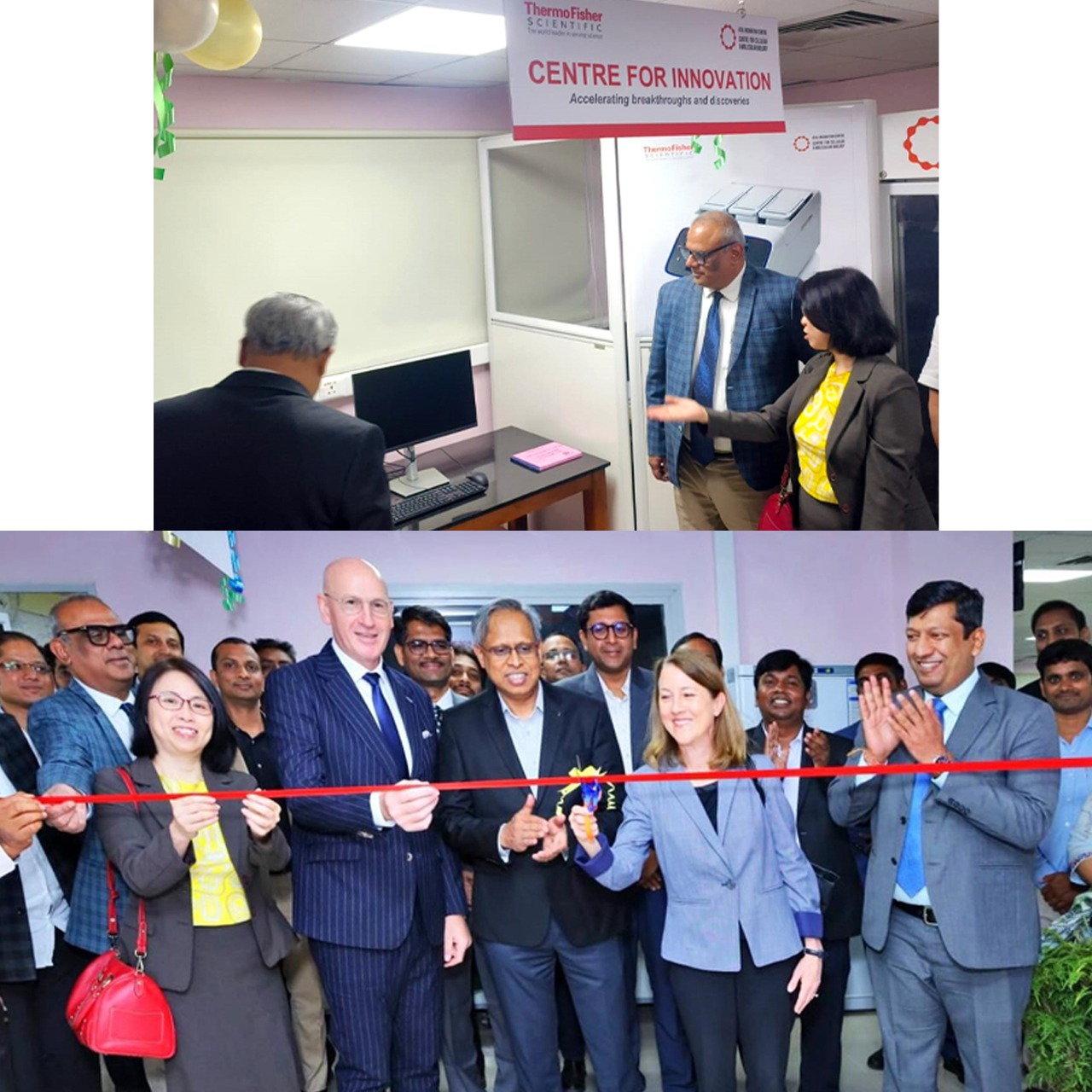AstraZeneca and Daiichi Sankyo Company, Limited (Daiichi Sankyo)’s Enhertu (trastuzumab deruxtecan) has been approved in the US for the treatment of adult patients with locally advanced or metastatic HER2-positive gastric or gastroesophageal junction (GEJ) adenocarcinoma who have received a prior trastuzumab-based regimen.
In the US, gastric cancer is most frequently diagnosed in the advanced stage, with only approximately 5% of patients surviving beyond five years. Approximately one in five gastric cancers are HER2 positive.
The approval by the Food and Drug Administration (FDA) was based on the positive results from the randomised DESTINY-Gastric01 Phase II trial conducted in Japan and South Korea. In the trial, Enhertu demonstrated a statistically significant and clinically meaningful improvement in overall survival (OS) and objective response rate (ORR) versus chemotherapy (irinotecan or paclitaxel) in patients with advanced gastric cancer or GEJ adenocarcinoma who had progressed on at least two or more prior regimens including trastuzumab plus a fluoropyrimidine- and platinum-based chemotherapy combination.
Ronan Kelly, MD, MBA, Director of the Charles A. Sammons Cancer Center and the W.W. Caruth, Jr. Chair of Immunology at Baylor University Medical Center, Dallas, Texas, US, said: “Patients with metastatic HER2-positive gastric cancer with progression following 1st-line treatment have historically faced poor outcomes, including low response to treatment and rapid disease progression. This approval represents the first time a HER2-directed medicine has demonstrated a significant improvement in survival compared to chemotherapy following initial treatment in the metastatic setting, and it has the potential to become the new standard of care for this patient population.”
Dave Fredrickson, Executive Vice President, Oncology Business Unit, said: “Today’s approval of Enhertu represents the first HER2-directed medicine approved in a decade for patients with HER2-positive metastatic gastric cancer. The results from the DESTINY-Gastric01 trial highlight the potential to change clinical practice, showing a 41 per cent improvement in survival and a response rate more than three times higher with Enhertu compared to chemotherapy. We are thrilled to bring this important medicine to more patients and physicians in the US.”
Antoine Yver, Executive Vice President and Global Head, Oncology Research and Development, Daiichi Sankyo, said: “Enhertu is the first antibody drug conjugate to receive approval in the US for the treatment of patients with metastatic gastric cancer, and represents a major advance in managing this difficult-to-treat disease. This second indication in the US represents an important step forward in our ambitious plan to accelerate the development of Enhertu across a broad range of HER2-targetable cancers.”
In a pre-specified interim analysis from the DESTINY-Gastric01 trial, patients treated with Enhertu had a 41% reduction in the risk of death versus patients treated with chemotherapy (based on a hazard ratio [HR] of 0.59; 95% confidence interval [CI] 0.39-0.88; p=0.0097) with a median OS of 12.5 months versus 8.4 months.3
Confirmed ORR, assessed by independent central review was a major efficacy outcome. Results showed a confirmed ORR of 40.5% in patients treated with Enhertu (n=126) compared to 11.3% in patients treated with chemotherapy (n=62). Patients treated with Enhertu had a 7.9% complete response rate and a 32.5% partial response rate compared to a complete response rate of 0% and a partial response rate of 11.3% for patients treated with chemotherapy.
Enhertu demonstrated a median progression-free survival (PFS) of 5.6 months compared to 3.5 months with chemotherapy (HR=0.47; 95% CI 0.31-0.71). Additionally, Enhertu showed a median duration of response (DoR) of 11.3 months versus 3.9 months with chemotherapy.
Results from the DESTINY-Gastric01 trial were published in The New England Journal of Medicine in June 2020.
The most common adverse reactions, including laboratory abnormalities, of any grade (greater than or equal to 20%) for patients treated with Enhertu (n=125) in the DESTINY-Gastric01 trial were anaemia, leukopenia, neutropenia, lymphocytopenia, thrombocytopenia, nausea, decreased appetite, increased aspartate aminotransferase, fatigue, increased blood alkaline phosphatase, increased alanine aminotransferase, diarrhoea, hypokalaemia, vomiting, constipation, increased blood bilirubin, pyrexia and alopecia. Interstitial lung disease or pneumonitis occurred in 10% of patients.
This is the second indication approved for Enhertu in the US following the accelerated approval for adult patients with unresectable or metastatic HER2-positive breast cancer who have received two or more prior anti-HER2-based regimens in the metastatic setting based on the DESTINY-Breast01 trial.

 In the US, gastric cancer is most frequently diagnosed in the advanced stage, with only approximately 5% of patients surviving beyond five years.
In the US, gastric cancer is most frequently diagnosed in the advanced stage, with only approximately 5% of patients surviving beyond five years.


































